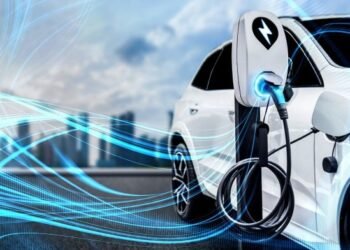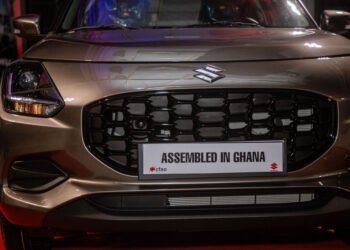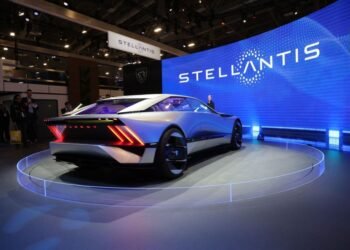Swedish automaker, Volvo has announced that it will manufacture only electric vehicles by 2030, with the new electric vehicles only sold online.
The carmaker said plans to stop selling cars that run on fossil fuels by 2030 is part of an “accelerating trend” within the industry to respond to pressure to tackle the climate crisis.
The Swedish brand also posited that as part of the transition, it wants half of its sales in 2025 to be electric cars, and the other half hybrids, meaning it will stop selling vehicles powered solely by gasoline or diesel four years from now.
In a statement, Volvo Chief Technology Officer, Henrik Green opined that “There is no long-term future for cars with an internal combustion engine.” He added that the transition to selling only electric cars will allow “Volvo to meet the expectations of our customers and be a part of the solution when it comes to fighting climate change.”
Bjorn Annwall, the Head of Volvo in Europe also told reporters that the plan fitted with both Volvo’s image and commercial interests.
“At Volvo, our customers expect high levels from us when it comes to human safety and they are starting to expect exactly the same thing when it comes to planetary safety, we aim to live up to that, it’s the right thing to do.
“The fully electric premium segment will be the fastest growing part of the automotive market, so it’s very natural to focus on that.”

So far, Volvo has only brought one fully electric vehicle, the XC40 Recharge, to the market. The automaker also announced that its second fully electric car, a new model in the 40 Series, will be unveiled later today, 2nd March. It also assured customers that several additional electric models will roll out in the coming years.
The announcements come less than a week after Volvo’s owner abandoned plans to merge with Chinese car giant, Geely. China’s largest independent automaker said the two companies will keep their independent corporate structures, though they will partner on electric and autonomous driving technology that would be used by both firms.

Europe is leading the way in the transition to electric cars and several countries have imposed aggressive targets to reduce greenhouse gas emissions from vehicles. Last year, the United Kingdom for instance, announced that new cars and vans powered wholly by petrol and diesel will not be sold in the country from 2030. Carmakers in these countries reportedly face huge potential fines if they do not comply with imposed targets.
German automaker Volkswagen, which announced an alliance with Ford in 2019, is the leader in electric vehicle sales in Europe. Tesla is also building its first European factory outside of Berlin, which is due to open later this year.
Electric vehicles are expected to eventually be cheaper to produce than traditional gasoline-powered cars, as a result of fewer moving parts, which means a lesser need for labour to assemble them.
Read Also: Brexit deal is ‘positive’, gives carmaker a ‘competitive advantage’-Nissan






















